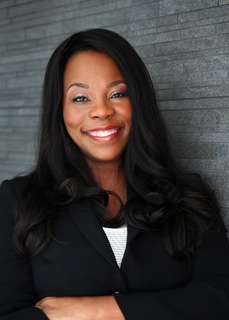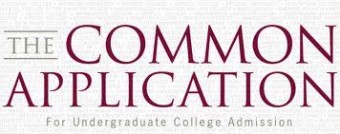 Today we are joined by Myrtle Potter, one of America's foremost healthcare leaders and former president of Genentech, for a third installment in our series on the subject of diversity, featuring the personal “aha” moments of deans of admission, educators, and public figures.
Today we are joined by Myrtle Potter, one of America's foremost healthcare leaders and former president of Genentech, for a third installment in our series on the subject of diversity, featuring the personal “aha” moments of deans of admission, educators, and public figures.
In the wake of the Supreme Court’s agreement to hear a case challenging the University of Texas’ admission policy, we wanted to examine the role diversity plays in college admission. Why do colleges value diversity? Is it a worthwhile goal? What are its implications – pro and con? It is a subject that is complex, sometimes divisive, and often not well understood by students and parents.
Myrtle Potter, with her considerable experience in the world of corporate strategy, product development, and consulting, continues the discussion here:
My “aha” diversity moment may have begun in college but the lesson I was to learn didn't fully develop until years later.
I grew up in a small town in southern New Mexico. My friends and I still refer to our wonderful upbringing as a “bubble existence." We attended an incredibly diverse high school -- all races, religious backgrounds, sexual orientations and levels of income. Yet, there was no divide that separated us. The lines between lunch tables, friendships and opportunities were a colorful blur of acceptance.
 We're guest blogging at John Carpenter's AskJohnAboutCollege.com! Visit us and see what we've got to say about getting started on college essays in Your College Essay -- Done!
We're guest blogging at John Carpenter's AskJohnAboutCollege.com! Visit us and see what we've got to say about getting started on college essays in Your College Essay -- Done!








 Ralph Figueroa is Director of College Guidance at
Ralph Figueroa is Director of College Guidance at  Thank you to Lauren Starkey, the
Thank you to Lauren Starkey, the  Independent counselors— also sometimes called “consultants”—work outside of the high school and are not employed by a school or school district, providing private fee-based services directly to students and their families. Hiring an independent counselor may benefit some students, the particulars of which we discuss extensively in Chapter 4, College Counselors and Advisors, in our book.
Independent counselors— also sometimes called “consultants”—work outside of the high school and are not employed by a school or school district, providing private fee-based services directly to students and their families. Hiring an independent counselor may benefit some students, the particulars of which we discuss extensively in Chapter 4, College Counselors and Advisors, in our book. Today we are joined by Myrtle Potter, one of America's foremost healthcare leaders and former president of Genentech, for a third installment in our series on the subject of diversity, featuring the personal “aha” moments of deans of admission, educators, and public figures.
Today we are joined by Myrtle Potter, one of America's foremost healthcare leaders and former president of Genentech, for a third installment in our series on the subject of diversity, featuring the personal “aha” moments of deans of admission, educators, and public figures. Calling all rising seniors… A
Calling all rising seniors… A 